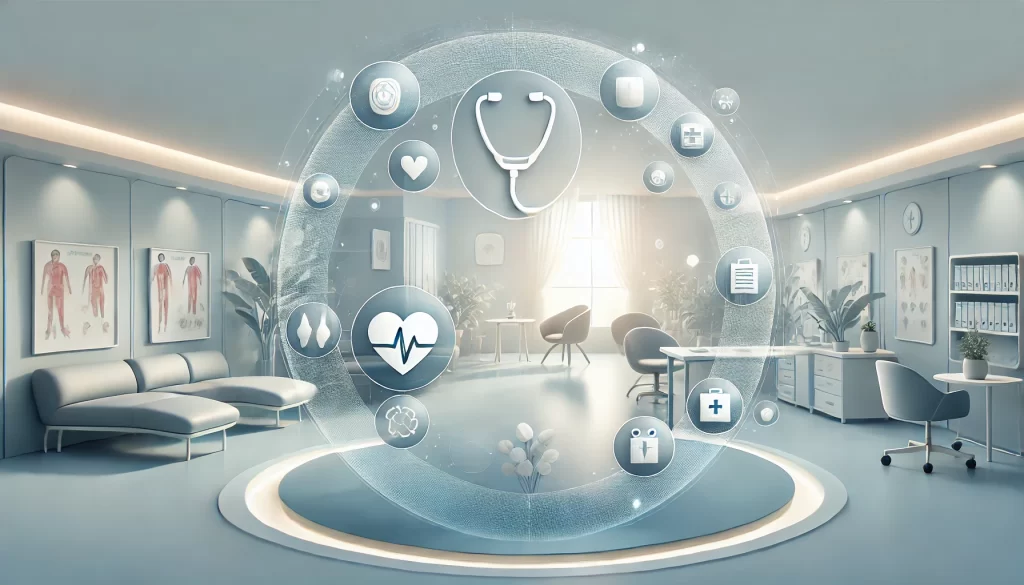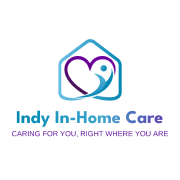
The principle that preventing illness is more effective than treating it is a fundamental aspect of public health and improving population health. The phrase “prevention is better than cure” was first coined by Dutch philosopher Desiderius Erasmus around 1500, and it remains highly relevant today. Modern healthcare strategies worldwide emphasize the importance of preventing illness before it occurs.
Preventive health care focuses on keeping people healthy, content, and independent at every stage of life. By reducing the occurrence of health problems and supporting individuals in managing them effectively, we can achieve this goal. Prevention is equally important for individuals of all ages, whether they are seventy or seven.
What is Preventive Health Care?
Preventive health care involves proactive steps to reduce the risk of developing major illnesses or diseases. It encompasses a wide range of activities, such as:
- Regular check-ups with healthcare providers
- Eating a balanced diet
- Exercising regularly
- Getting vaccinations
- Using sunscreen
- Avoiding smoking and exposure to secondhand smoke
These measures are designed to help people maintain their overall health and well-being. Preventive health care not only aims to prevent illness but also to identify potential health issues before they become serious.
Supporting the Health Care System
Preventive health care can alleviate the burden on an already strained healthcare system by helping people stay healthy and avoid expensive treatments for chronic conditions. It is an essential component of a comprehensive approach to improving public health outcomes. By enhancing health outcomes, individuals and communities can enjoy longer, healthier lives. Prioritizing preventive health care ensures everyone can lead healthier lives.
Additionally, reducing the burden of preventable illnesses and diseases on vulnerable populations promotes a more equitable and just society. Preventive health care is crucial for creating healthier communities for all members of society.
The Benefits of Preventive Health Care
- Fewer Health Problems Preventive health care helps reduce the number of health problems people experience. Regular check-ups and screenings allow early detection of potential health issues when they are most treatable. Vaccinations protect people from developing certain diseases altogether.
- Lower Health Care Costs Preventive care can save money by helping avoid expensive treatments for serious health problems. For example, vaccinations can prevent potentially deadly diseases like pneumonia.
- More Productive Life Staying healthy enables individuals to engage in activities they enjoy and be more productive at work or school. Healthy individuals have more energy to spend time with family and friends.
- Better Overall Health Preventive care helps avoid serious health problems and improves overall health. For instance, quitting smoking reduces the risk of lung cancer, lowers blood pressure, and improves cholesterol levels.
- Lower Stress Levels Regular preventive care provides peace of mind for individuals and their families. Knowing one is taking steps to stay healthy can reduce stress and anxiety levels. Having a trusted healthcare provider adds a sense of security.
- Improved Self-Esteem Taking care of oneself and making healthy choices can enhance self-esteem and body image, boosting mood and confidence, which positively impacts all areas of life.
- Increased Lifespan Preventive care helps people live longer by catching problems early and treating them more easily. Managing weight and maintaining a healthy lifestyle can prevent serious diseases like type 2 diabetes and heart disease, thereby extending lifespan.
Conclusion: Embrace Preventive Health Care for a Healthier Future
Preventive health care is vital for maintaining good health, reducing healthcare costs, and ensuring a productive and fulfilling life. By embracing preventive measures, individuals and communities can enjoy the benefits of improved health and well-being. Investing in preventive health care not only saves lives but also creates a healthier, more resilient society.
For more information on how to incorporate preventive health care into your lifestyle, consider reaching out to local healthcare providers and exploring resources that support proactive health management.
